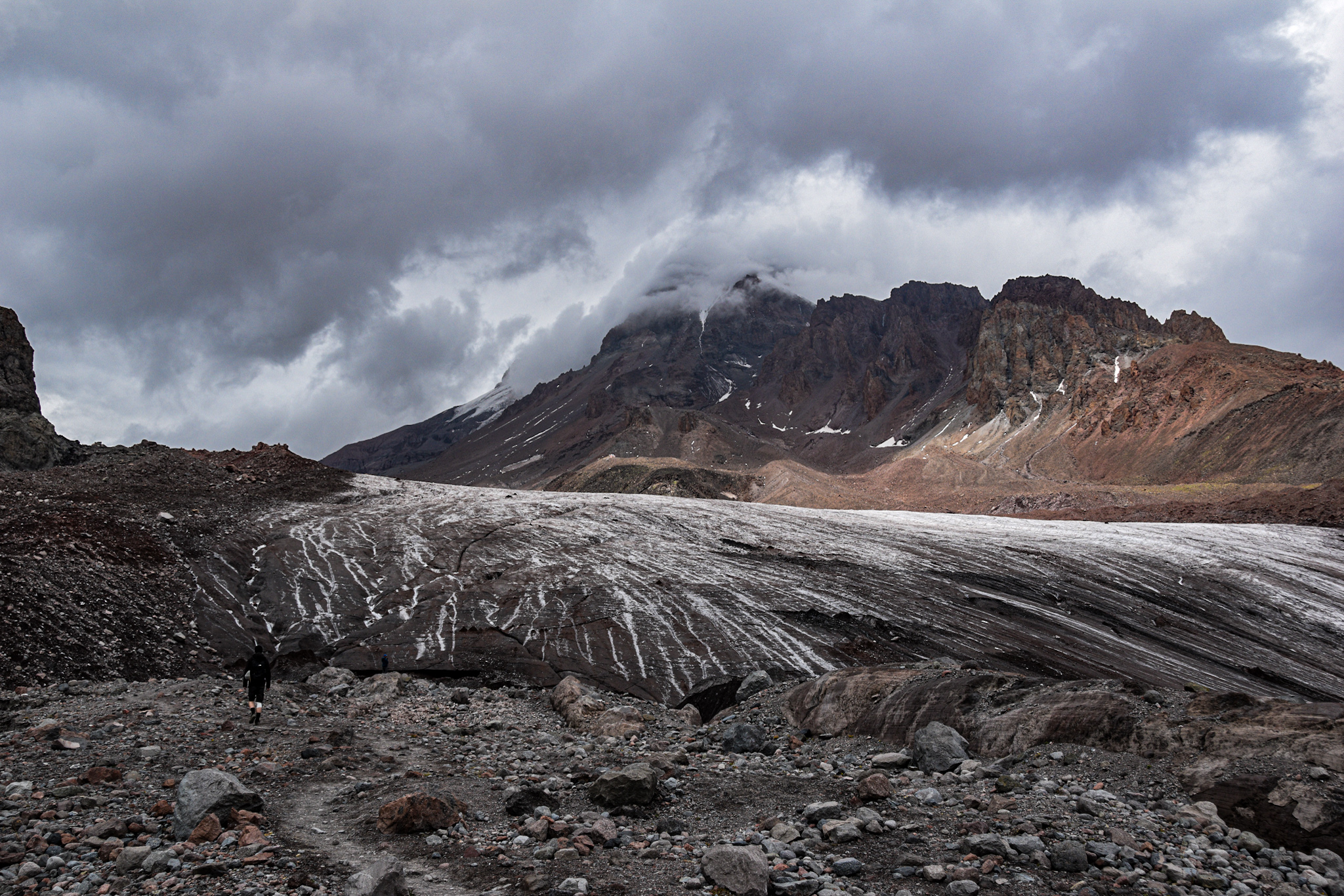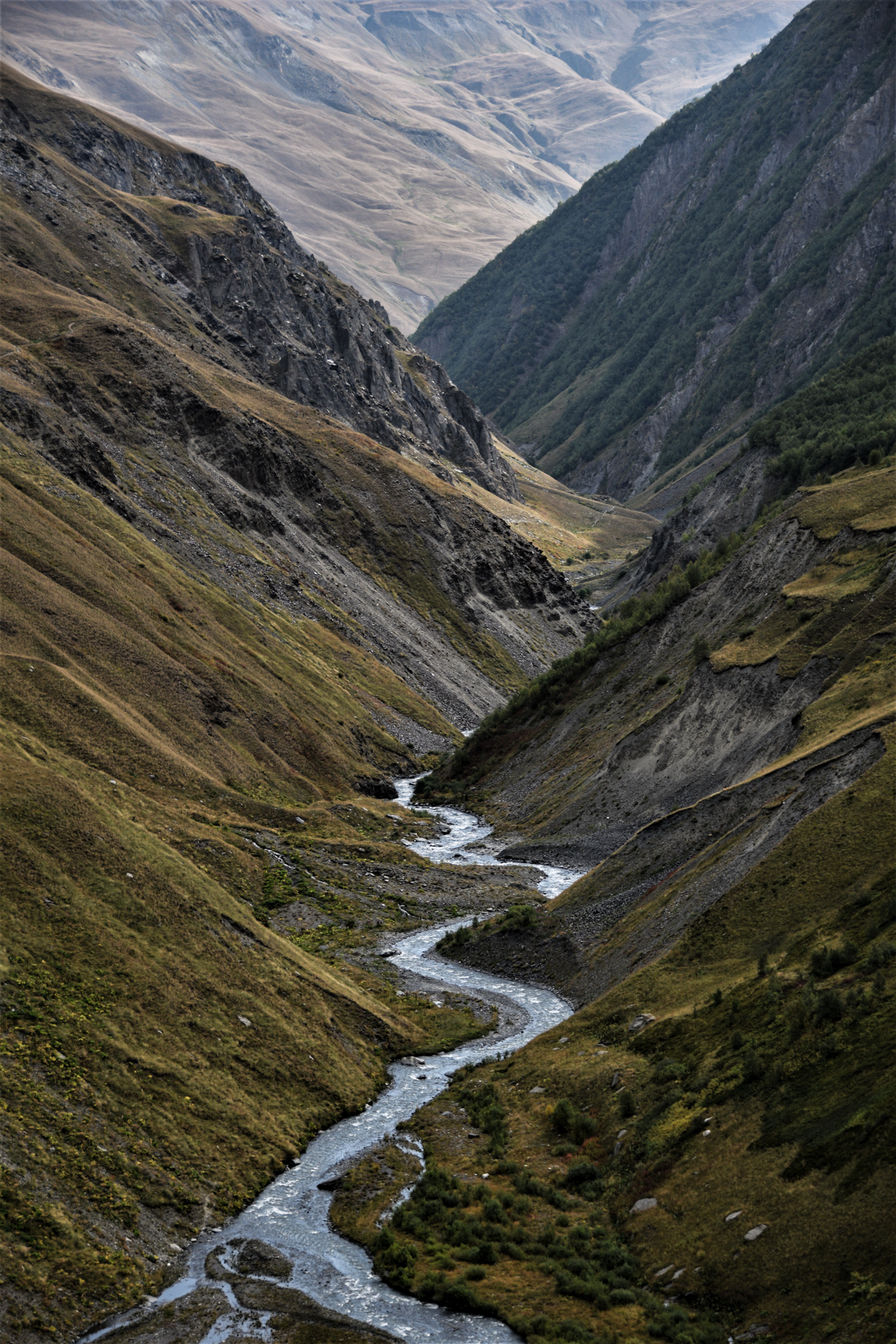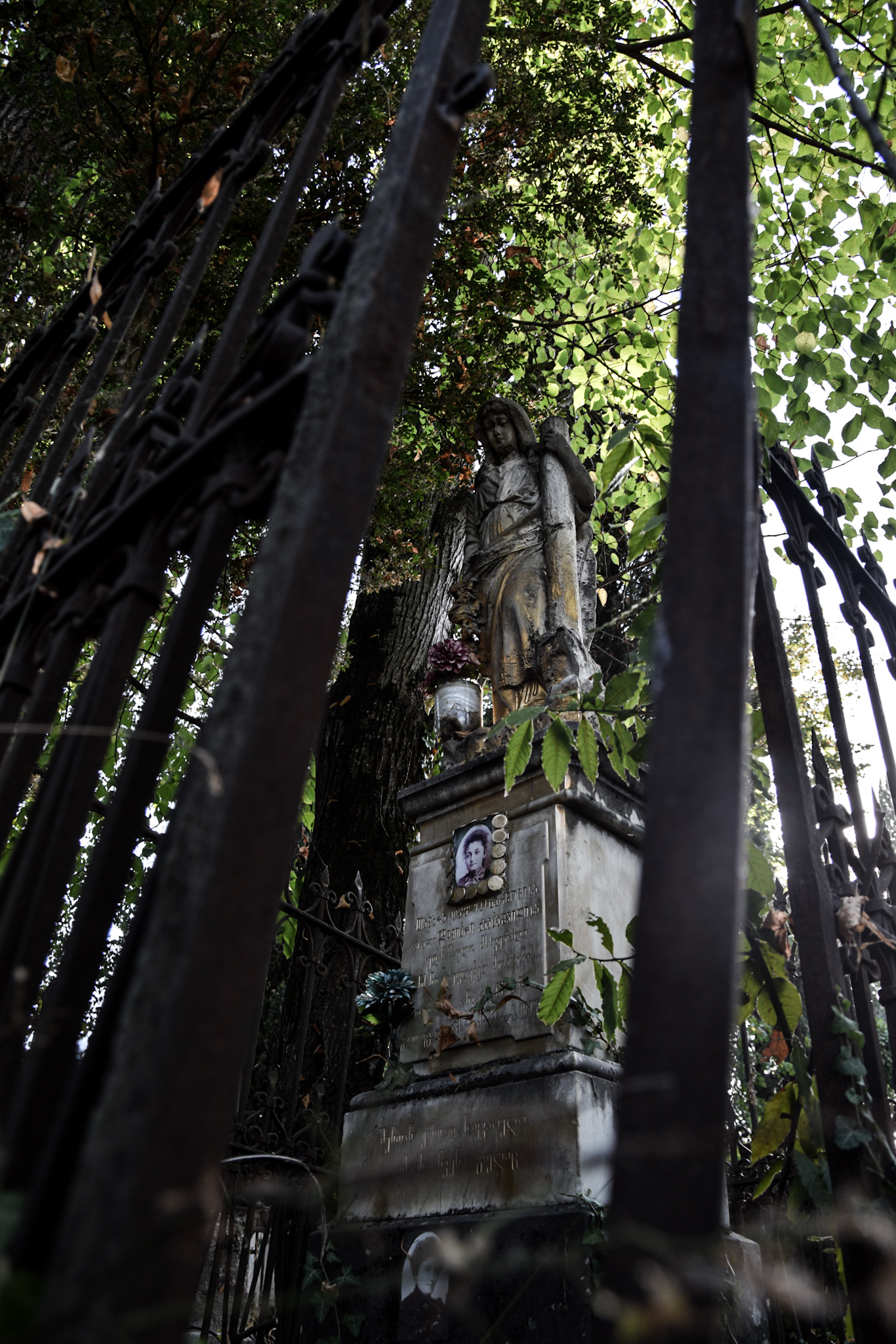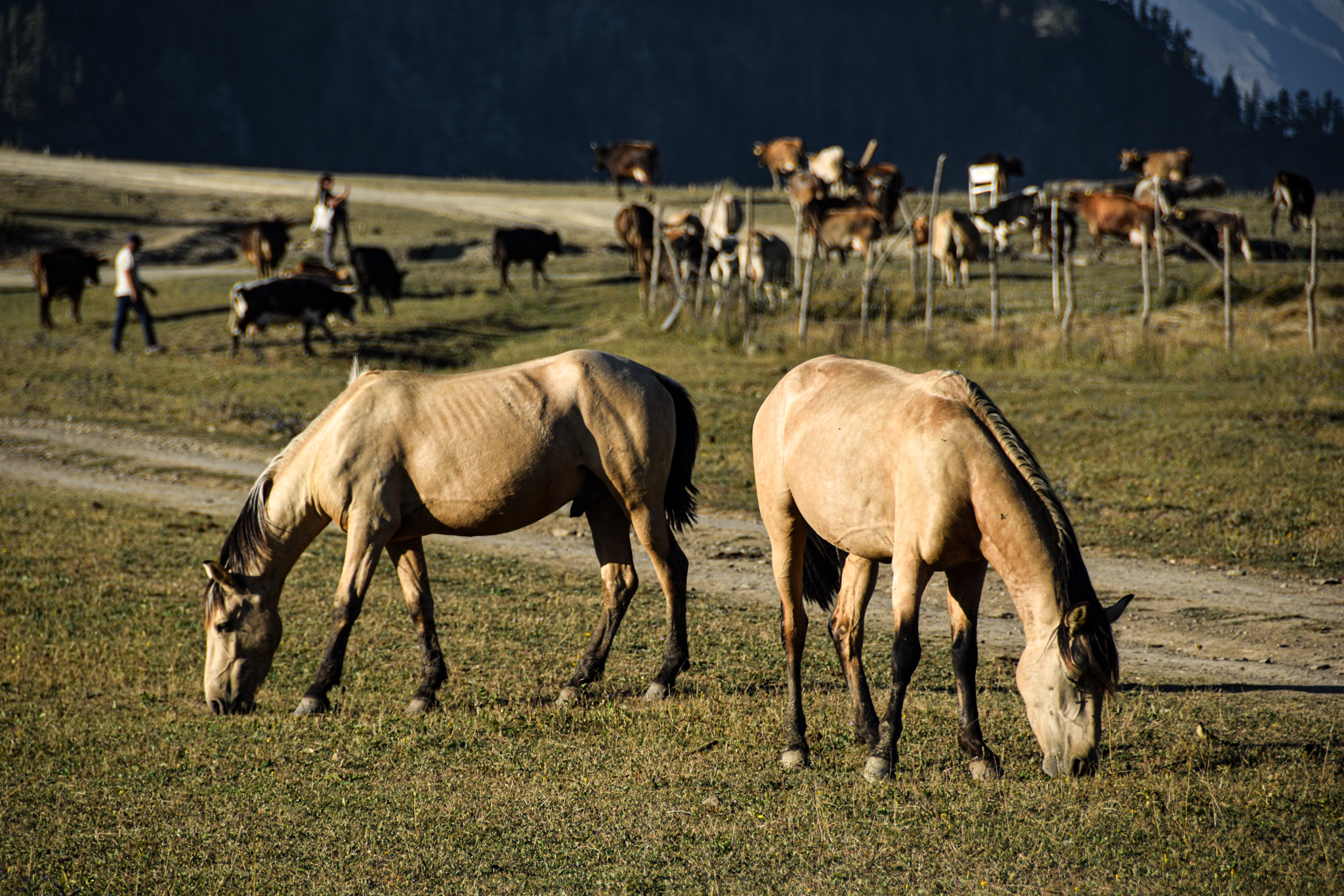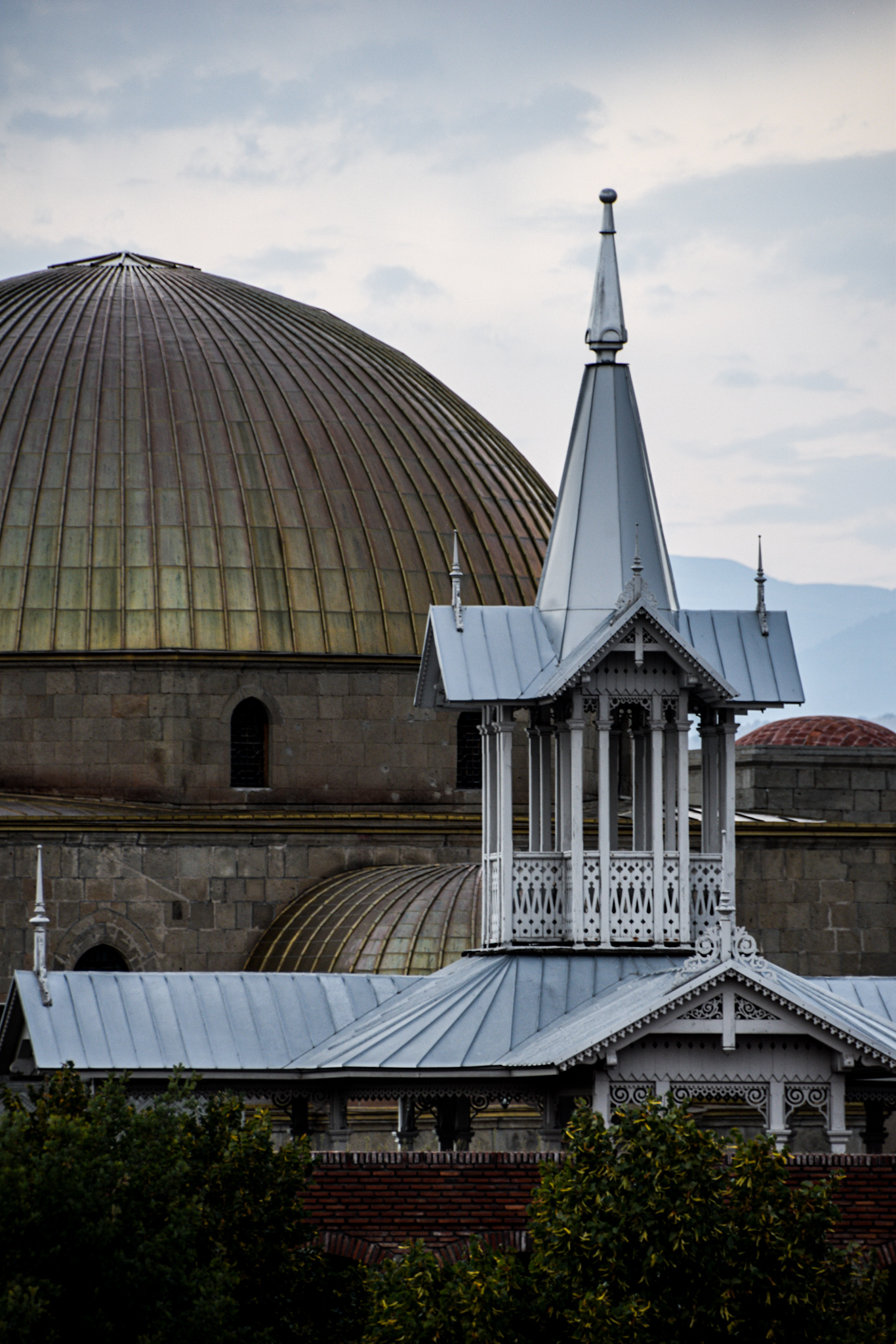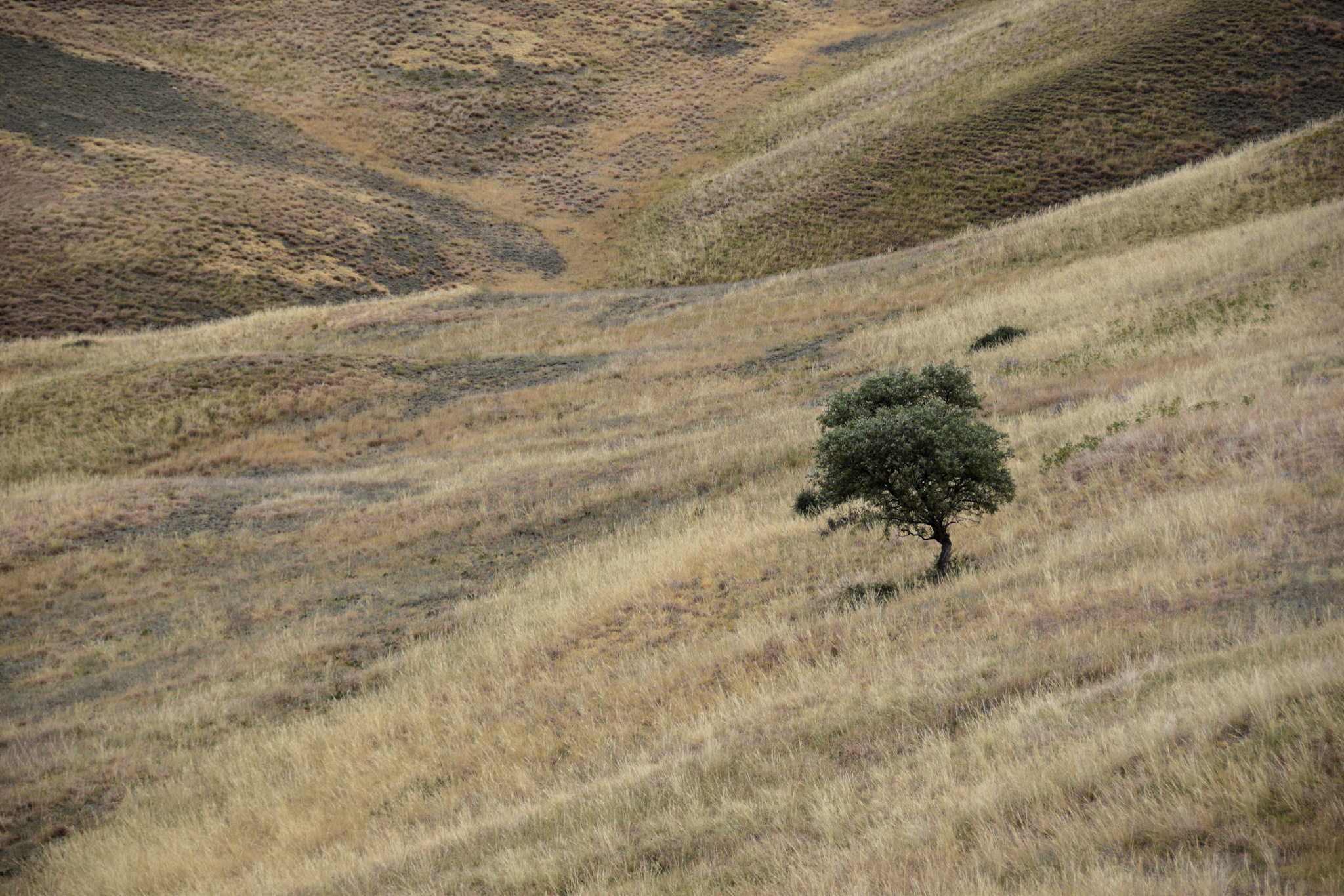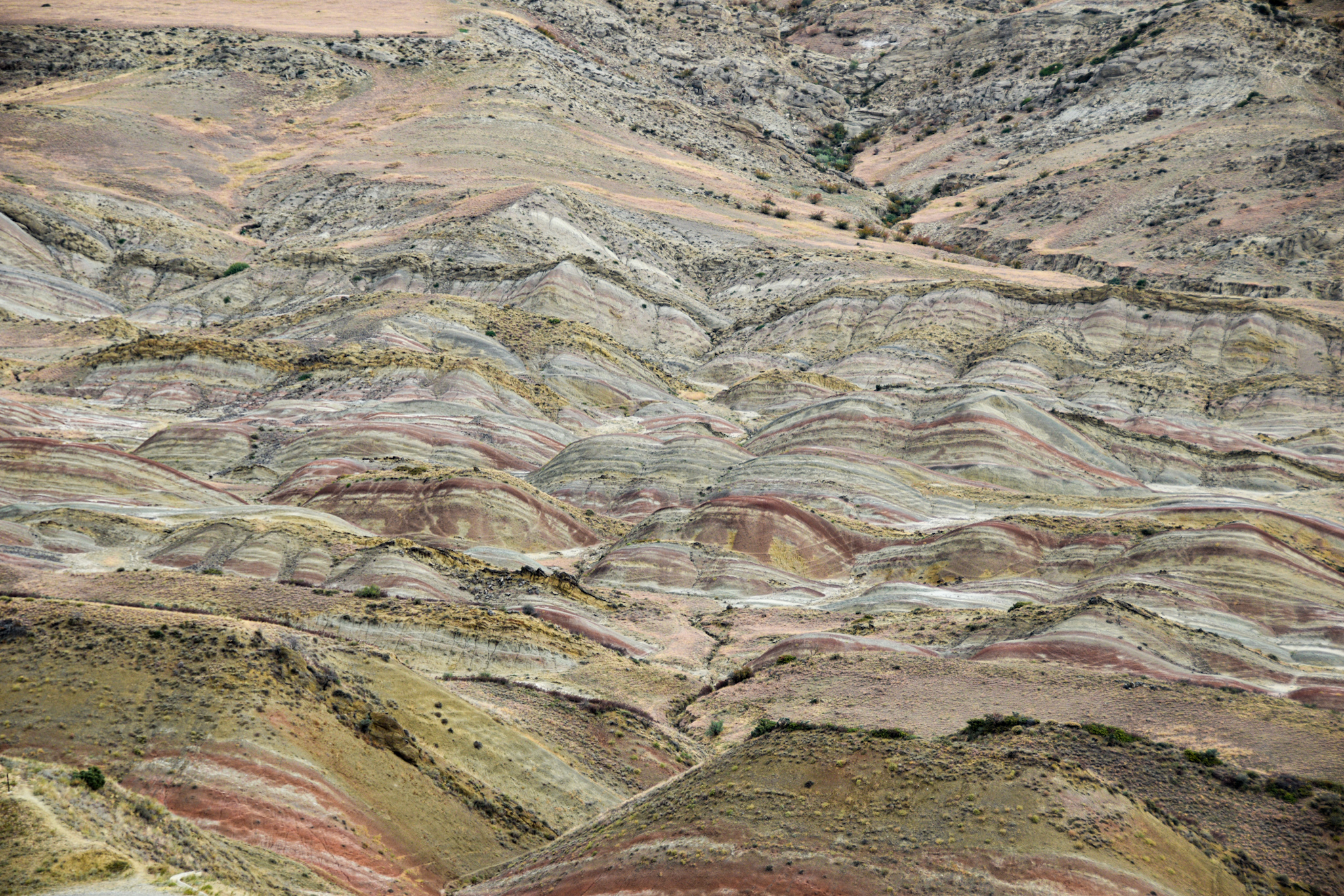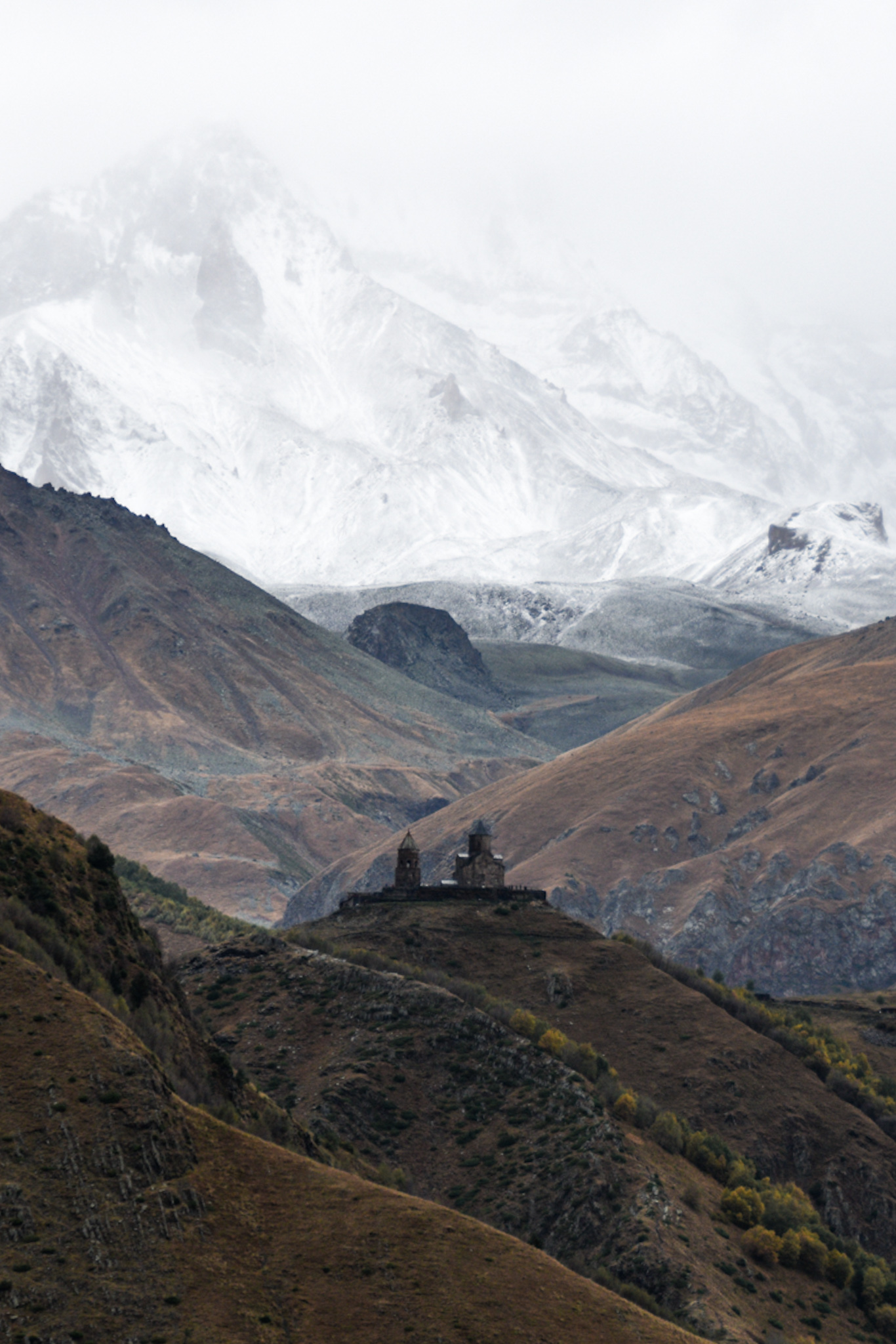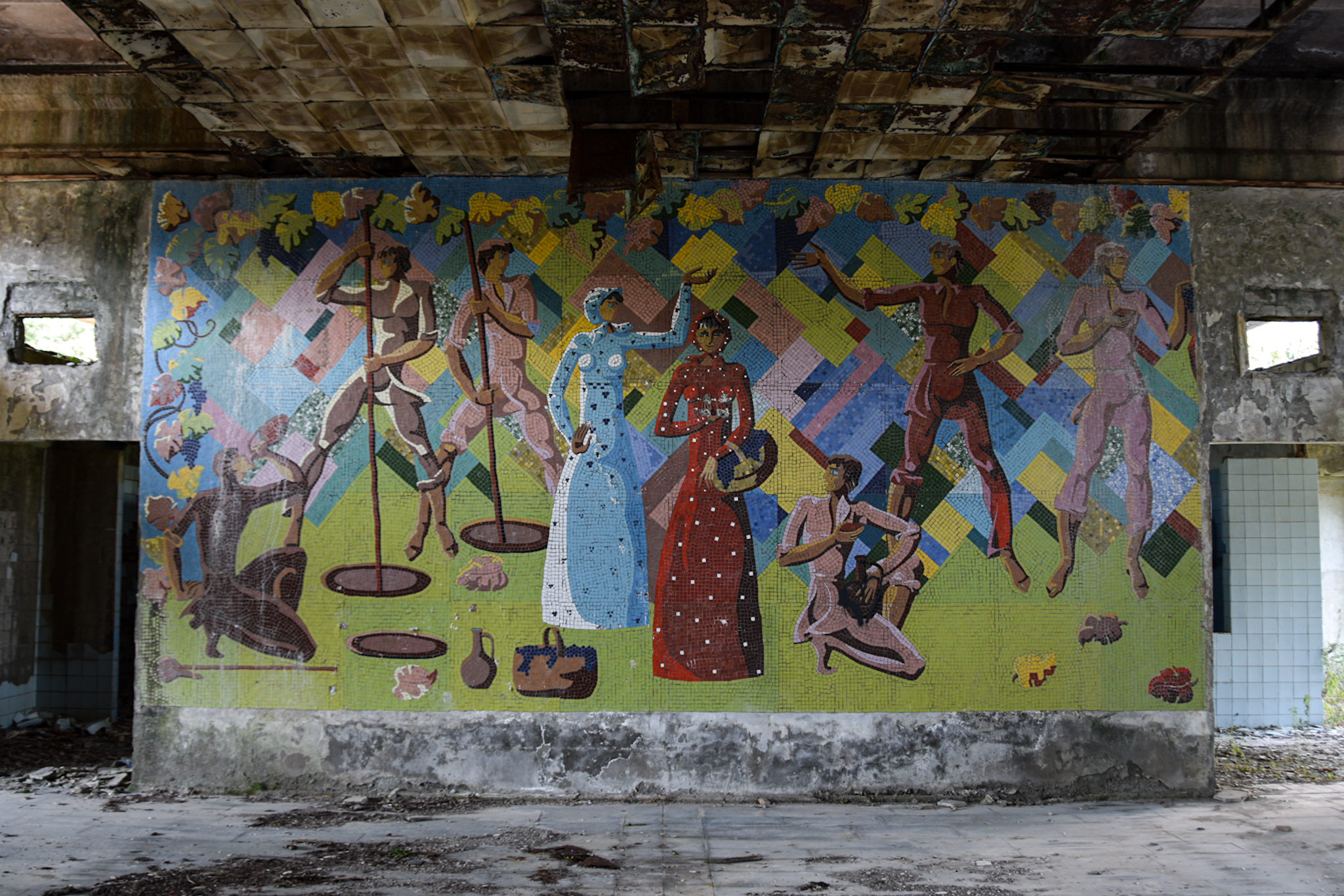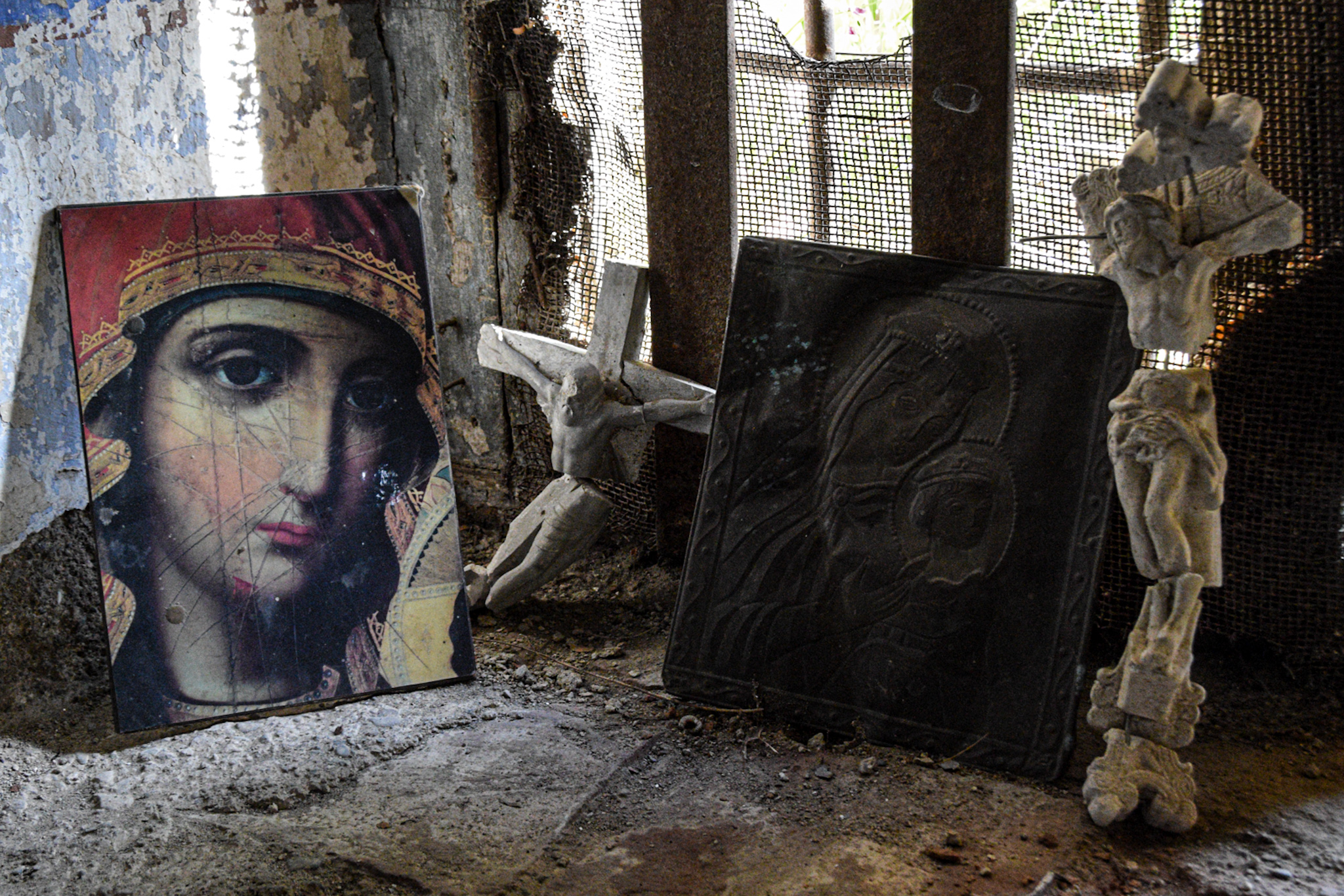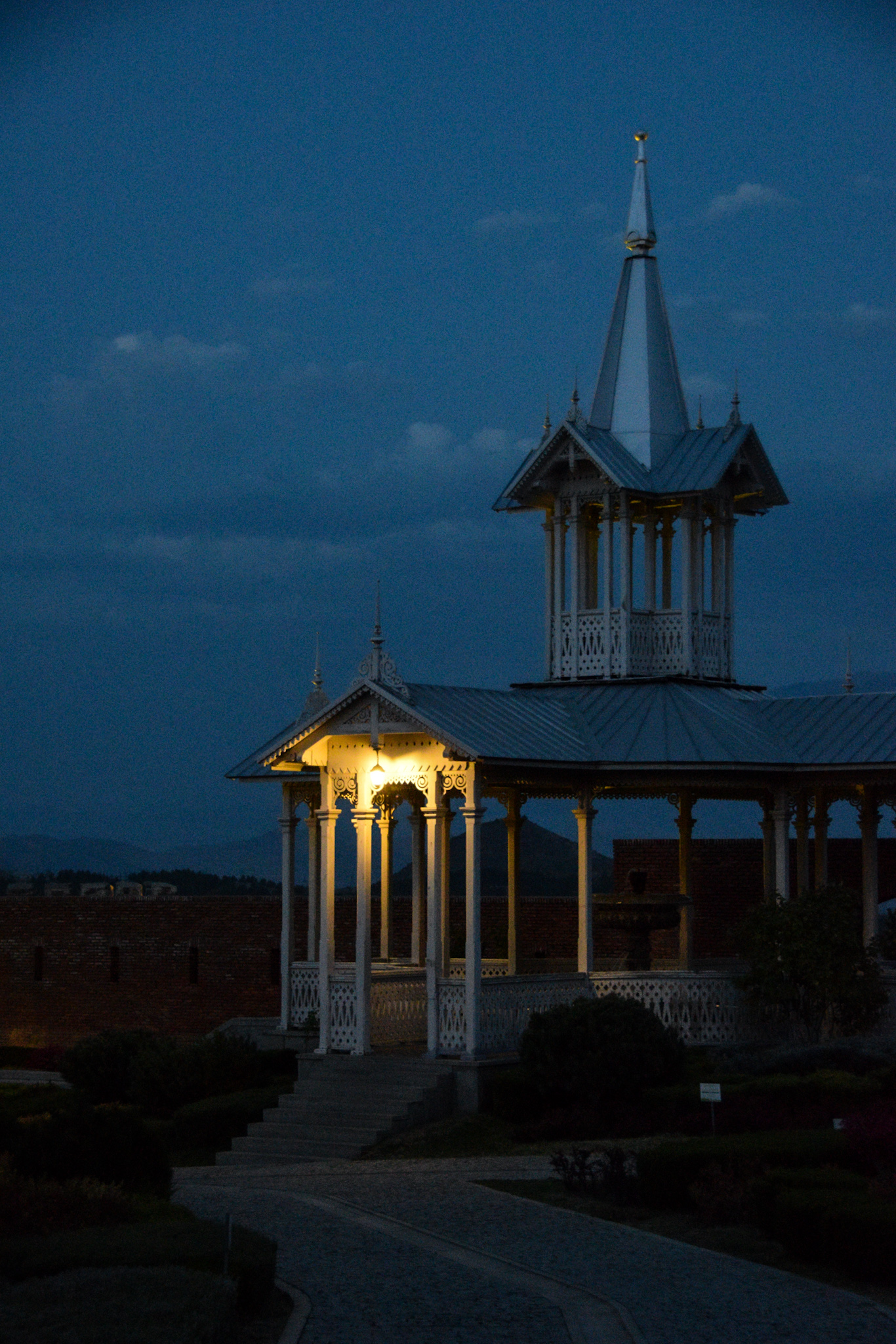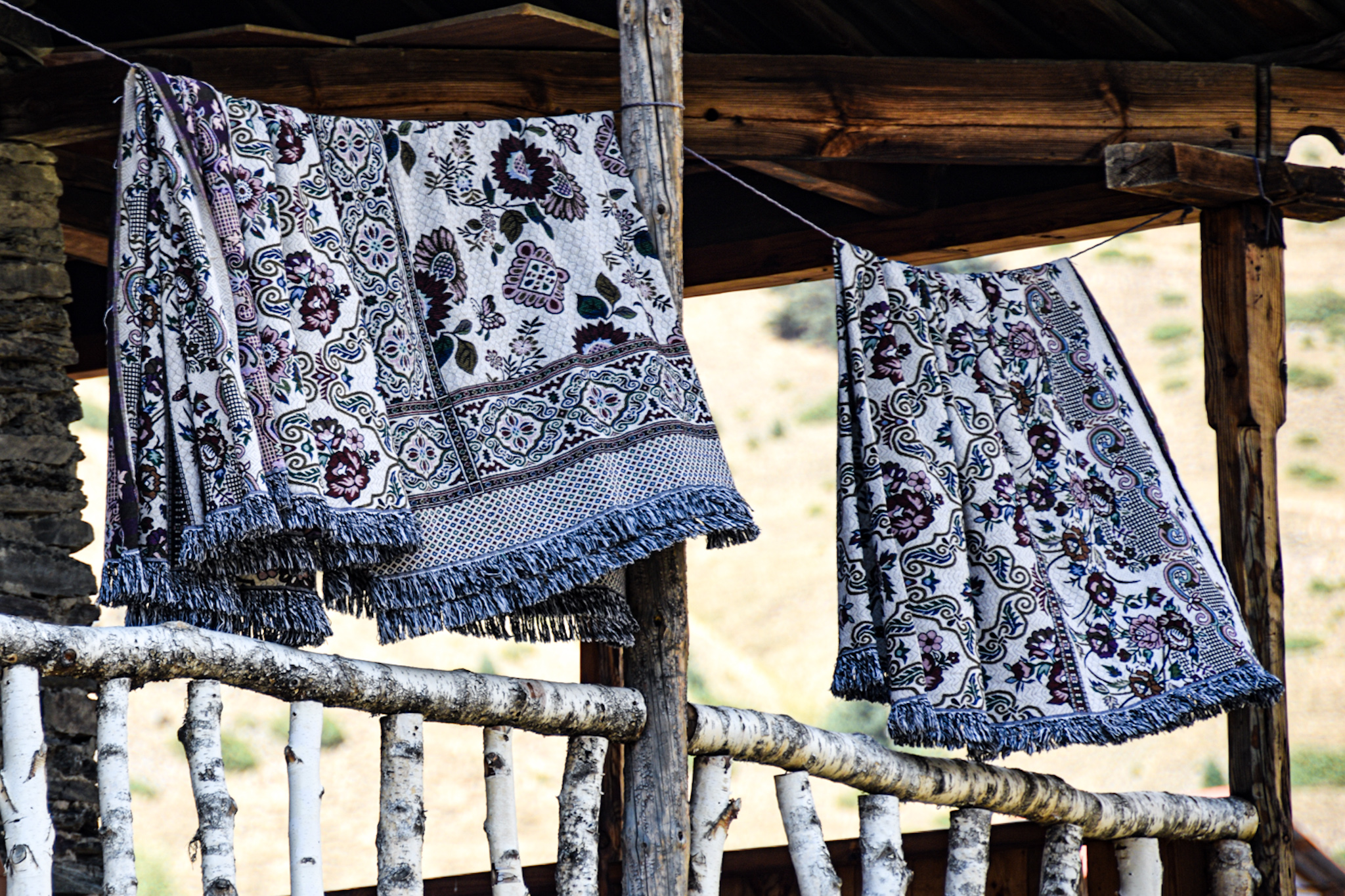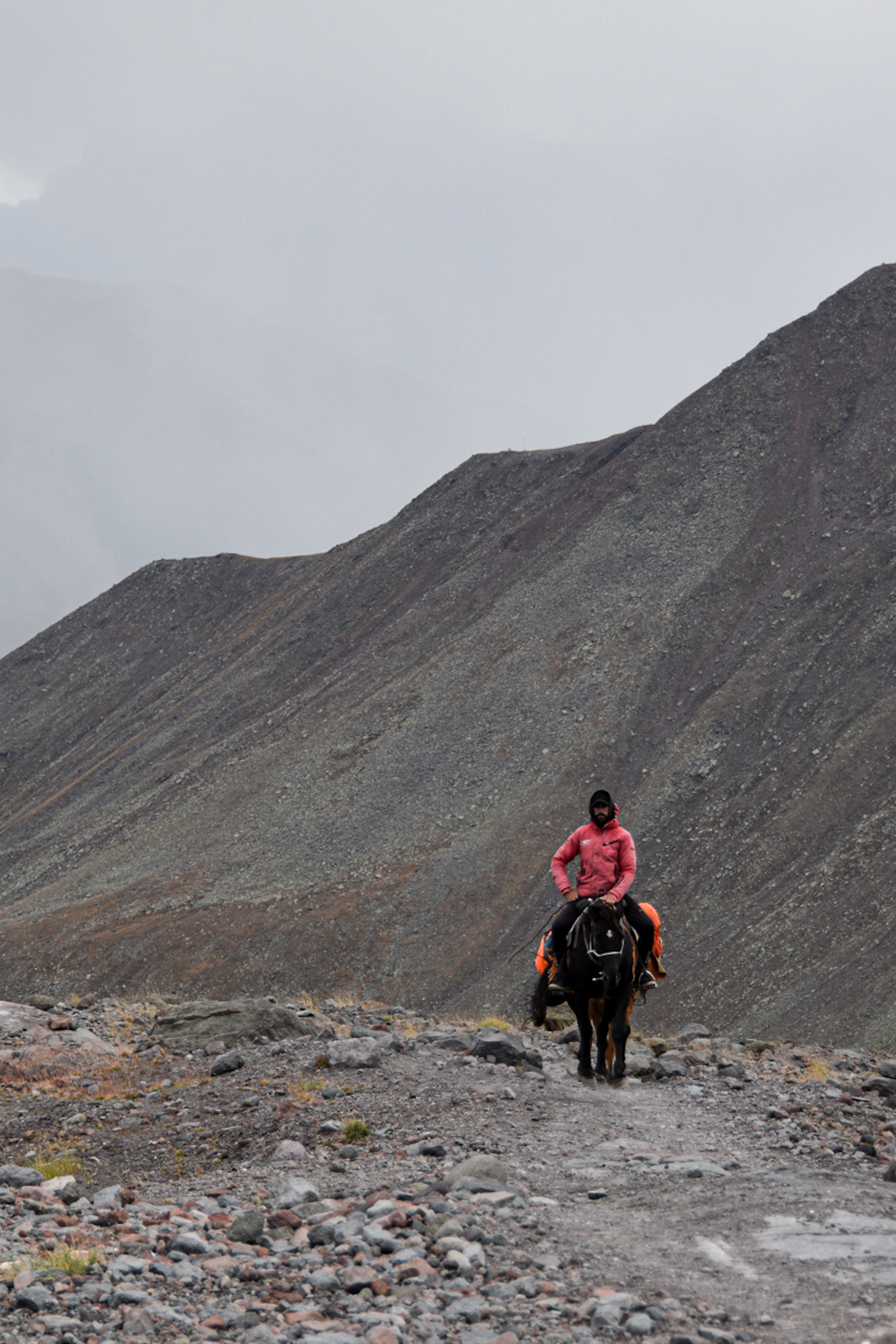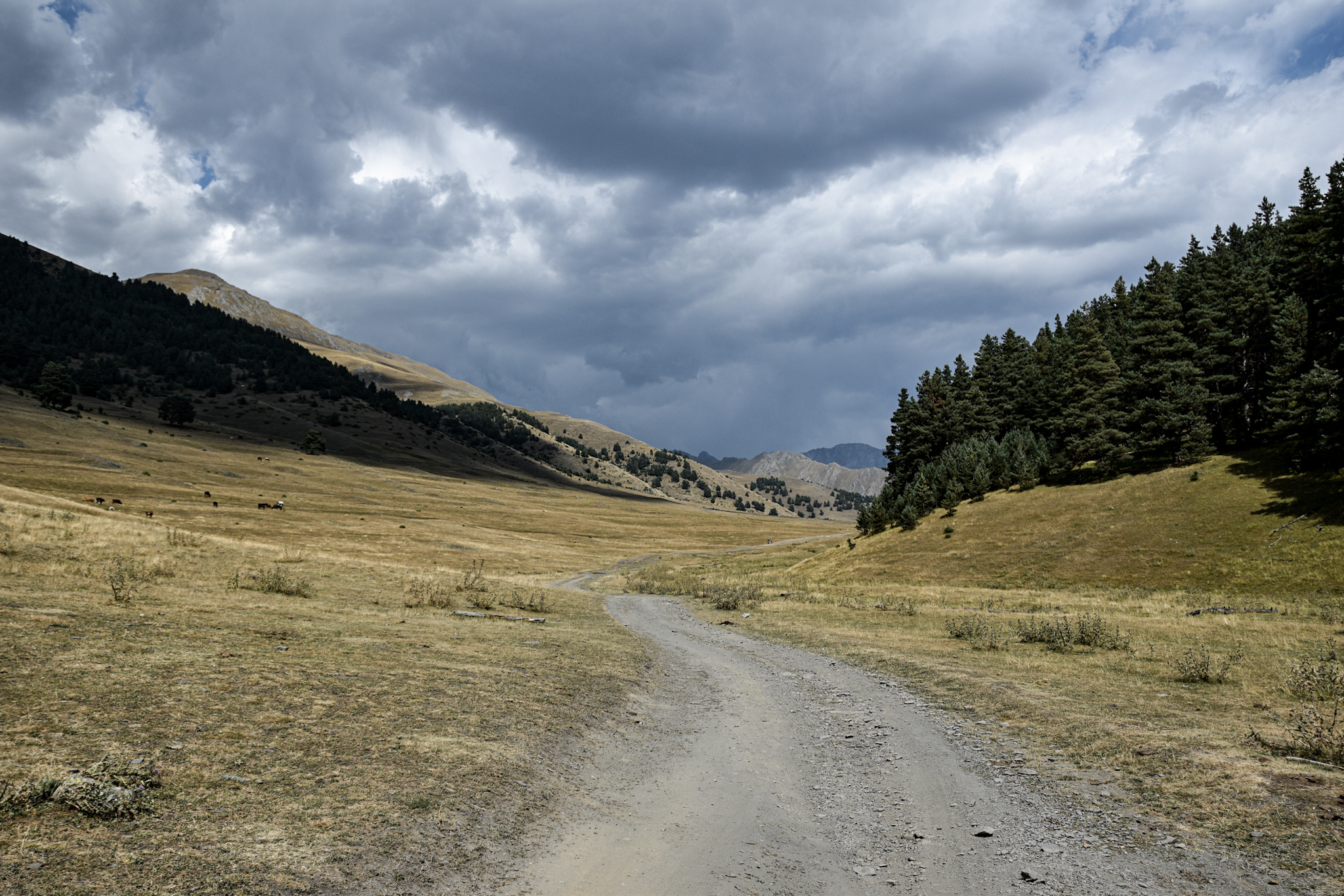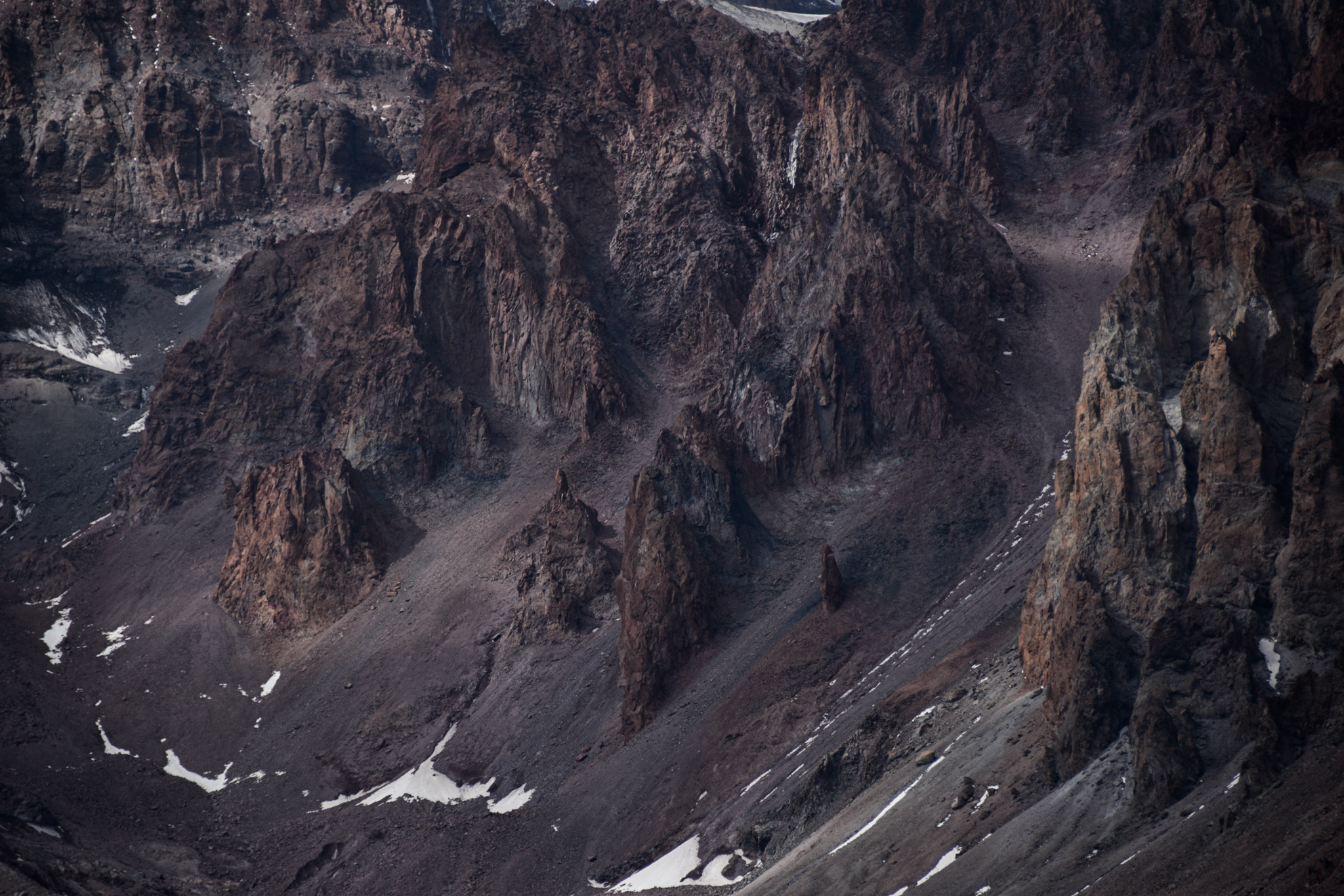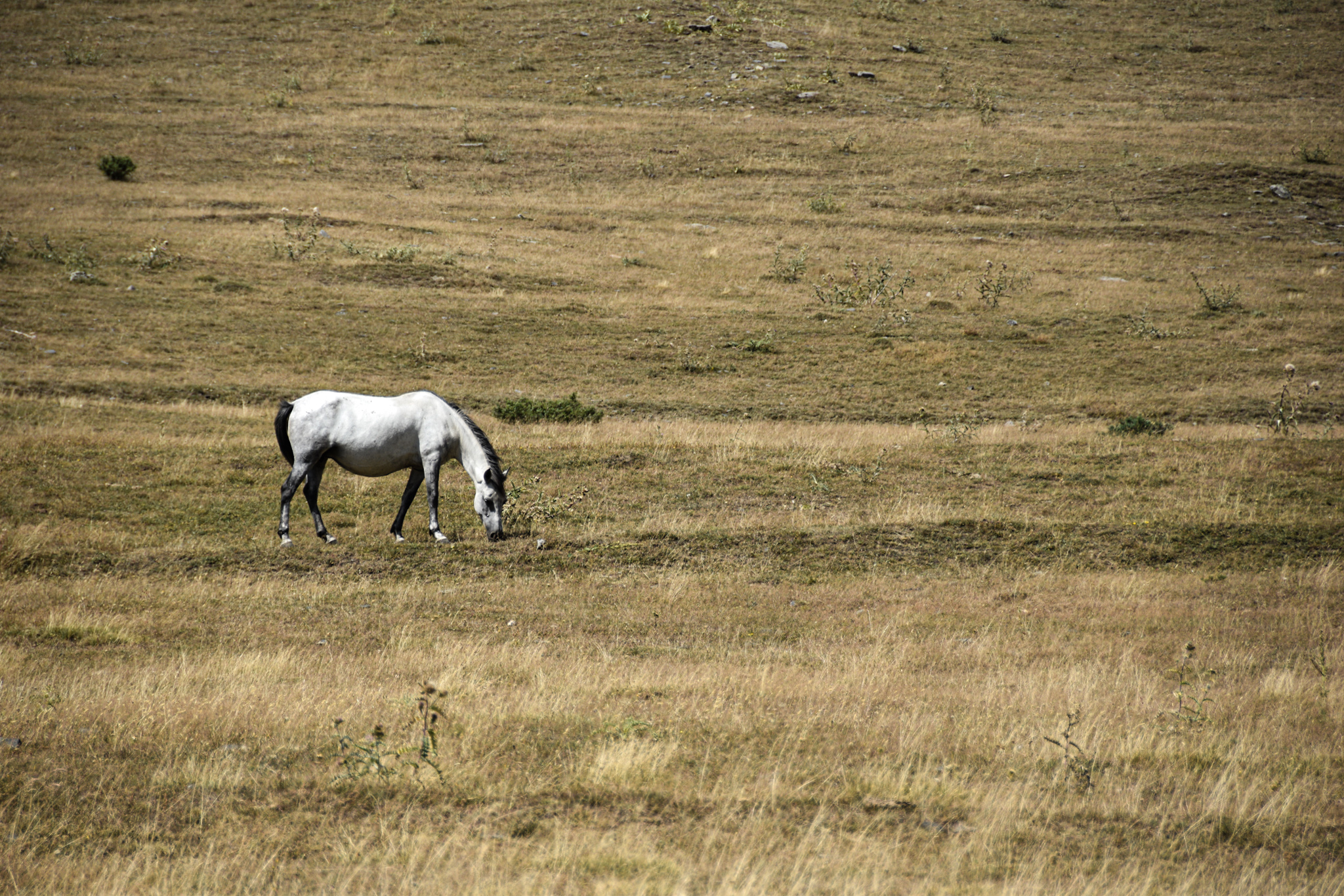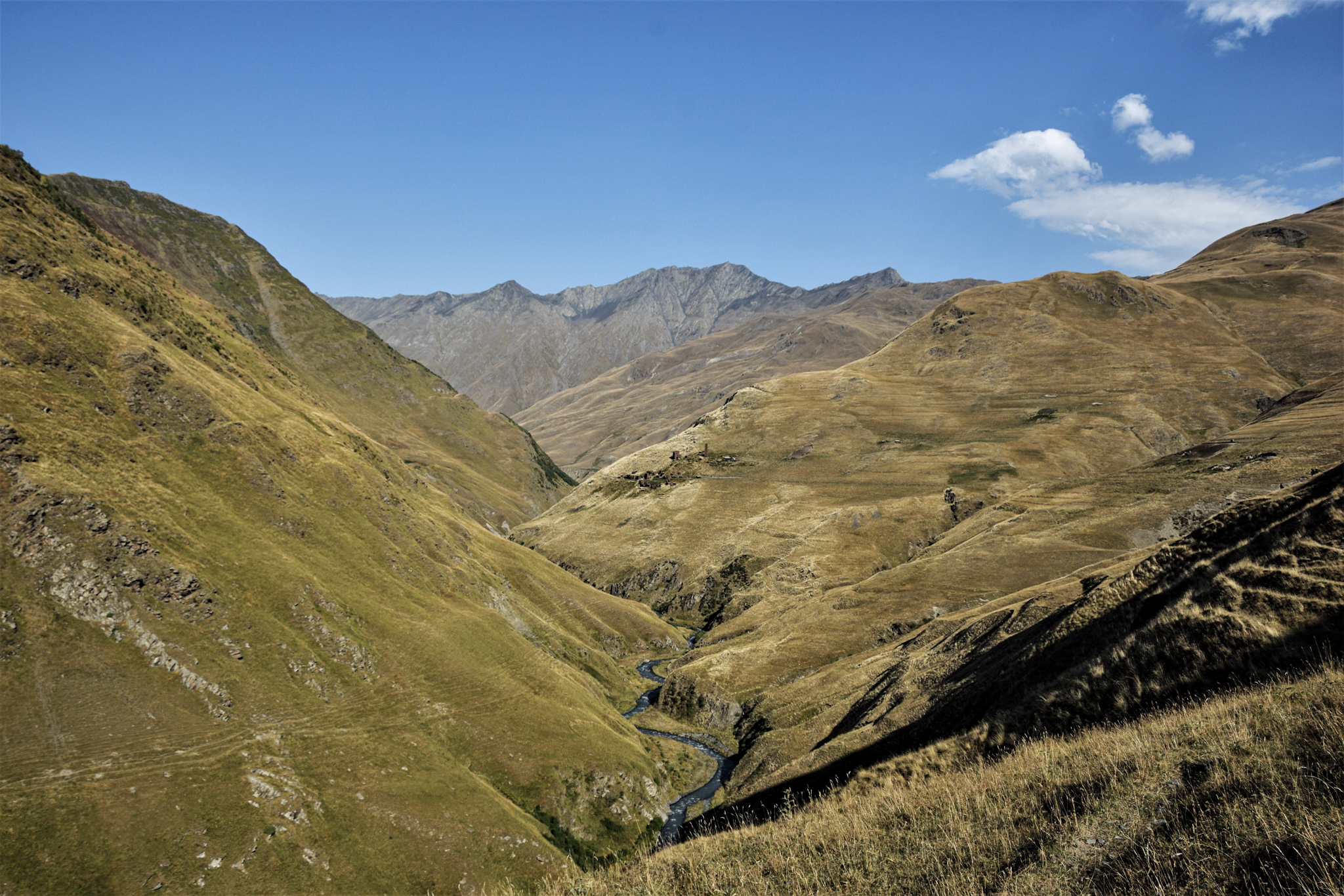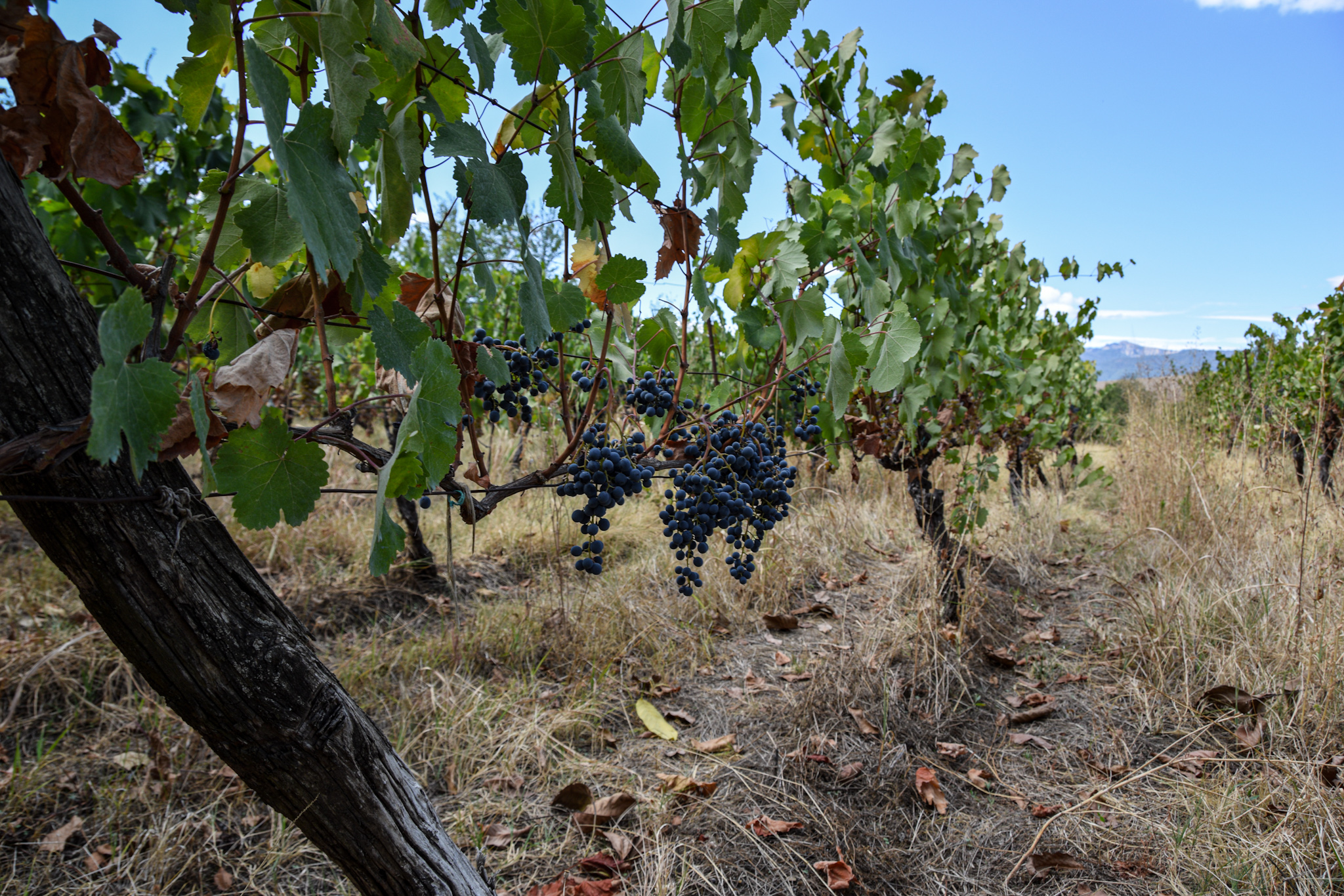GEORGIA
GEORGIA
TSKALTUBO
What was once the flagship spa town of the USSR has now transformed into a fascinating playground for urbexers, photographers, and those in search for Georgia’s communist past alike.
No less than 25+ sanatoria, hotels, and bathhouses in different states of decay await the intrepid traveller just a short ride outside of Kutaisi.
TUSHETI
Hailed as Georgia’s most remote region, Tusheti may only be entered via a single dirt track, infamously known as the “Death Road”.
Those who brave this perilious journey, however, will arrive in a land of unbridled beauty, where meandering streams rush through glen and dale and the songs of the people who inhabit these vast expanses echoe from the rugged mountain tops.
KAKHETI
Kakheti might very well be the heart of Sakartvelo (Georgia), the “Land of the Wine”. It is here in the country’s most eastern region that wine is not just an alcoholic beverage but a way of live.
However, besides Georgia’s national drink Kakheti is also home to quaint provincial towns, such as Telawi and Sighnaghi, ancient Orthodox monasteries, and even a semi-desert!
VISA | Georgia grants visa-free entry to all European countries, with the exception of Kosovo, for up to a year (360 days; 90 days for North Macedonia). If you are a resident of a non-European country check Passport Index for a quick overview of the entry requirements.
MONEY | Currency: Georgian Lari (GEL).
ATMs are available throughout the country, however, bring enough cash if you venture out to Georgia’s remote regions (e.g. Tusheti, Machakhela, etc.). Some but not all banks do charge extra fees upon withdrawal, so you will have to test which ATMs work with your bank and which don’t.
All common credit cards (Mastercard, Visa, etc.) will be accepted, nevertheless cash is still widely used and is especially needed for public transport, markets, and smaller shops. In general, restaurants and cafés in touristic areas accept cards.
PUBLIC TRANSPORT | Marshrutkas/minibuses are the most common transport option and cover nearly the entire country, a notable exception being Georgia’s most remote region Tusheti (there public transport is carried out by 4×4 jeeps). Normally, marshrutkas run multiple times a day and depart as soon as they fill up, which means you might have to wait occasionally.
Many locations are also frequented by shared taxi, which will give you more flexibility, albeit at a higher price.
Between Georgia’s main cities (Batumi, Kutaisi, Gori, Tbilisi) train travel is also a great alternative. Although the carriages hail from the country’s Soviet times and are incredibly slow, ticket prices are unbeatable and definitely the best budget option when traversing Georgia. Just make sure to book at least two days in advance as there are only a few connections a day and seats sell fast.

